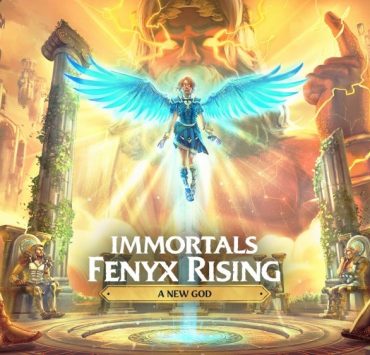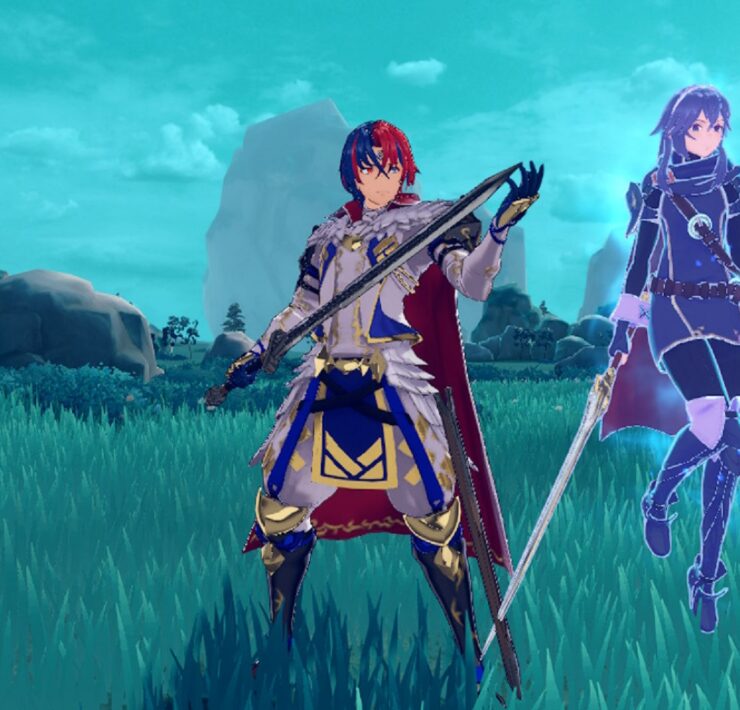Everything We Know About The GameStop Stock Situation and Why Gamers Should Hate It

Damn. This GameStop situation is pretty crazy on the surface, but as you dig into it more and more, it becomes crazier and crazier. In this article, I try to explain what on earth is going on calling on my limited (Although slightly more than most) experience of the world of finance and trading in order to clarify for the people who it will most affect: Gamers.
If you learn nothing else from this article, please learn this: “Institutional” (AKA posh, suits) investors are of extremely average intelligence. Most people assume that the people behind these massive financial machines are smart, because logically it would make sense that the people who have this amount of power are intelligent, but they’re not necessarily.
They’re just fortunate.
The turtle experiment was where two extremely successful investors had a bet against each other that normal people weren’t intelligent enough to be good at trading. The man who said normal people couldn’t was wrong, and the most successful funds these days follow the system developed by a group of students that they hired. Read about it here.
How it Started
Over the last few years, new platforms have popped up that have “democratized” investing by giving the general public access to the tools to invest for themselves rather than giving their money to a banker which successive financial downturns (2008 and less so 2020) have led them not to trust. I’ll let you decide for yourself whether this is ultimately a good thing, but consider this: 98% of casual investors (normal people) lose money.
The extreme interest in these platforms have given rise to finance YouTube celebrities who are advising members of Reddit communities like r/wallstreetbets on which stocks to buy. Think of these people like the Donald Trumps of today, they’re not actually very good themselves at what they’re talking about, but they’re good at sounding confident. This allows populism, an effect that is been prevalent in the UK (Brexit) and US (Trump) politics in recent years, to invade the world of finance.
Finfluencers aside, there are some very smart people in these communities who have worked out how to bend the bankers to their will. Essentially what is happening is the smart people on Reddit find companies which have a large number of short sellers (Investors who are betting against a company, hoping it will lose), but also have none or few shares left available for sale. This second detail is important, because if short sellers lose and the company does well, they will be forced to buy back the stock to avoid losing even more money. If there is no stock to buy, they have to buy it at higher prices in order to actually persuade people to sell it to them.
The reason this is all starting now is, because only recently have the smart Redditors and the Finfluencers worked out that if they team up, they can both make a lot of money and get back at the big banks who they believe have been locking them out. The smart Redditors bring the knowledge of which stocks to target and the Finfluencers bring the large audiences.
So if these intelligent individuals and the Finfluencers can persuade enough other Redditors to invest (Bet for the stock and against the short sellers), they can create a flywheel (AKA a positive feedback loop – doing one thing has a knock on effect which leads to more knock on effects, etc).
This is because as the more Redditors buy the stock (In this case GameStop), they are able to actually move the stock’s price. This means that the short sellers have to start buying their stock back, and as the stock price increases more and more, more Redditors and people around the internet pile on. Additionally, other institutional investors will buy the stock in order to make money off their fellow investors’ losses.
Confused yet? Me, too.

Where it is at Currently
Even more companies are being targeted such as:

Blackberry (up 370%) the phone maker is one.

And AMC (up 900%), the owner of several theater chains such as Odeon, is another.
Stonks (the meme name for stocks) going up is good, right?
Absolutely!
It’s great for these companies and their executives who are getting loads of free cash for generally doing badly. It’s not great for the two other key groups: 1) the casual investors who are pumping up the prices and 2) the consumers, everyday people like you and me who buy stuff.
The reason it’s bad for the casual investors is that most of them will be heavily inexperienced and will have received little or no training. The key to successful trading (As you’ll know if you read the turtle traders story linked above) is to know when to sell a stock once it’s gone up. The issue is that all these people who are jumping on the bandwagon and pumping up these failing companies won’t know when to sell, and while on the emotional high of seeing their money explode (If you invested £1000 in GameStop 2 weeks ago it would now be worth £16500), they don’t know when the iron is hot or when to strike. When the market comes back the other way, all these people will most likely lose money.
The reason it’s great for the targeted companies and their executives is that they will likely reward themselves with huge bonuses very quickly and leave while the going is good. To be fair, this could provide companies like GameStop with some much needed cash to be spent on raising salaries for retail workers and not laying them off, which could have some positive effects and actually help GameStop turn around somewhat.
A turnaround is, however, very unlikely, which brings us to the second loser: consumers, and more specifically in this case, gamers. The finance world, as much as you might rightfully distrust it, is quite an effective mechanism for allocating capital into companies. This helps consumers, because when a company like AMC is doing badly (It narrowly avoided bankruptcy in January), the market will end it and move the capital to a company doing well like, in this case, Netflix. This process helps consumers, because good companies tend to provide a more afforable product which is why you can get “Unlimited films, TV programs, and more” and “Watch anywhere, cancel at any time” for only £10 a month through Netflix, while a ticket for a single film at AMC owned theaters may set you back £10-£20 for a single experience.
Read the paragraph above again. As a gamer, this will mean you will have to pay more, not less for games. While I don’t blame inexperienced, casual investors for wanting to make a quick buck, but if this continues, your wallet will pay the price.
What’s Next?
Yesterday evening, the recently titled world’s richest person, Elon Musk, tweeted about GameStop and their stock’s meteoric rise. It makes sense because, although over a longer period, his company, Tesla, has had similar support from casual investors. In fact, investing in TSLA stock was supposedly one of the main things people spent their stimulus packets on during the COVID-19 pandemic in 2020. You could argue that Musk was the original Finfluencer.
The main problem with this is that poor people, who don’t understand what they are doing, are giving their money to wealthier people, and while I am may not label myself a socialist, this is the perfect example of the rich few stealing from the poor many. I love capitalism and really support it as a realistic way for a society to function, so this issue pains me because it is the textbook example of capitalism gone wrong.
There are efforts to stop what’s going on. Back in December, the state of Massachusetts (AKA the commonwealth FO4 fans) filed a complaint against the casual investment app Robinhood for aggressively advertising to unwitting novice investors who don’t have much money in the first place and failing to put in controls to protect them.
In the end, it comes down to this: The only people who actually benefit from the hype and rise of internet-based Wolf of Wall Street hopefuls are the apps allowing it and the banks supporting it. Unfortunately, the very people that these Finfluencers and Redditers believed they were fighting against, they are actually benefiting them.
Thank you for stopping by Nintendo Link. What do you think of this GameStop stock situation? Did you learn something today in this piece aside from GameStop (haha)? Let us know in the comments below!







